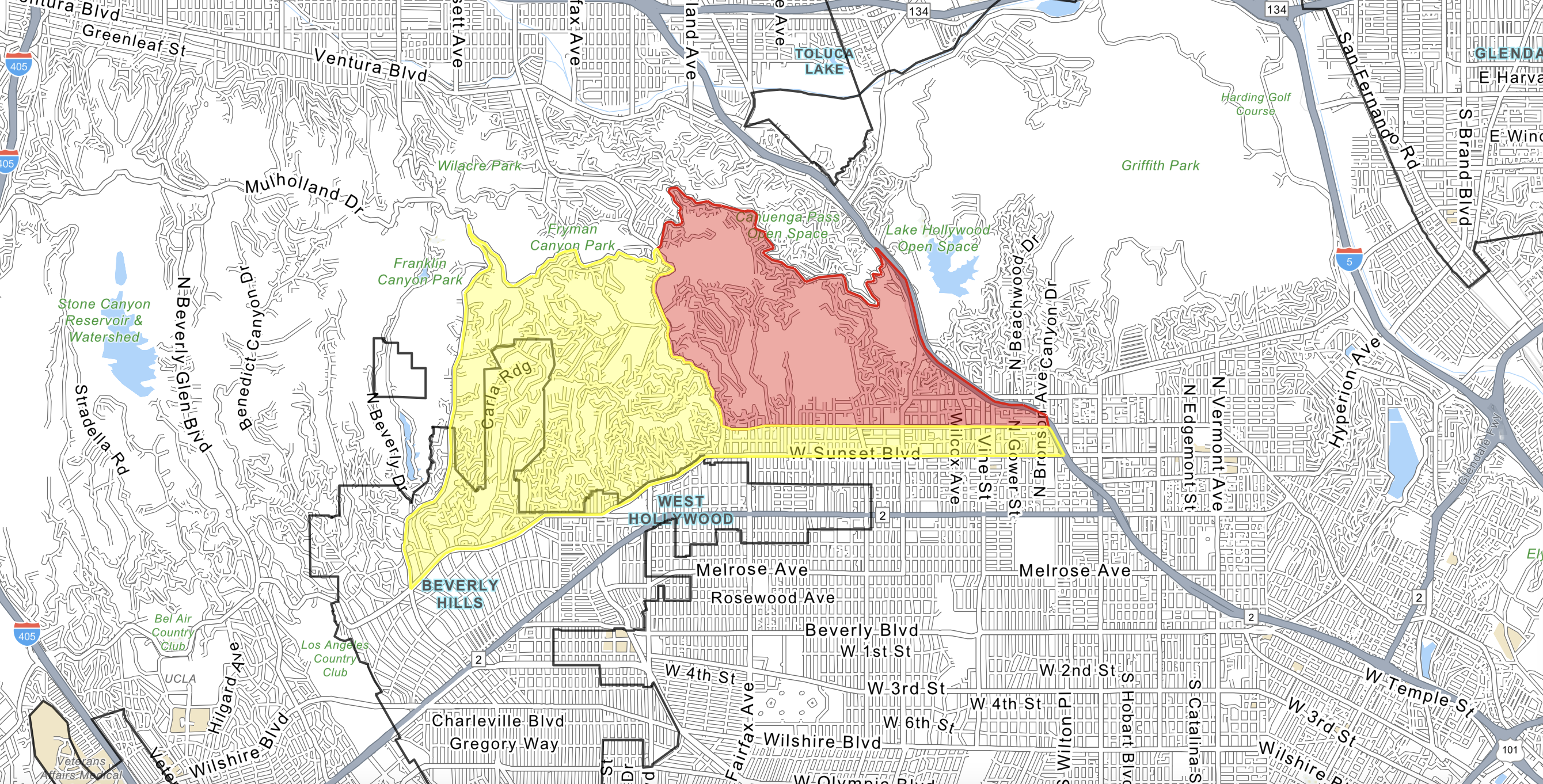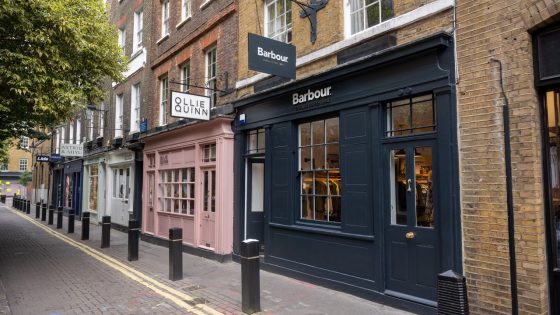Prince Harry's visa drugs lawsuit should be reopened due to secrecy around the Biden administration's private submissions to the judge, the think tank behind the lawsuit said, in a court filing seen by Newsweek.
The Heritage Foundation sued the Department of Homeland Security (DHS) to force the release of the Duke of Sussex's visa records.
Harry described using drugs including cannabis, cocaine, magic mushrooms and ayahuasca in his book Spare, rereleased in paperback this week, and the conservative think tank said the disclosures should have barred his entry into America.

The Heritage Foundation wants to see his records to determine whether he got favorable treatment due to his royal status. However, the case was terminated in September, as revealed by Newsweek, and a later redacted summary handed victory to the Biden administration, which had argued in favor of protecting Harry's right to privacy.
The Heritage Foundation has now submitted an application to "vacate" that ruling and unseal private correspondence between DHS and the judge.
A court filing, seen by Newsweek, read: "This Court should vacate its opinion and order, enter all ex parte correspondence on the docket, unseal ex parte correspondence consistent with the Opinion."
The judge's order was redacted to preserve Prince Harry's privacy, but Heritage's legal team says this was done in a way that unnecessarily harmed its ability to fight the case.
Lawyers added that this "severely compromises [Heritage's] ability to prepare arguments on appeal."
The lawyers said there was "ample evidence of agency bad faith" and added: "[Heritage lawyers] of course are not blind to the fact that they have brought a unique case that is fraught with these complexities.
"[Heritage lawyers] simply submit that the way forward taken by the Court does not comport with our adversarial system."
The lawsuit has proved to be a PR headache for Prince Harry as it comes with the implicit threat that his visa could be revoked and has drawn public comment from former President Donald Trump.
Judge Carl J. Nichols wrote in his redacted memorandum in September, seen by Newsweek: "The government argues that the Duke has a privacy interest that outweighs any public interest in those records and has therefore withheld them (and, with respect to one category, has declined to confirm whether they exist at all).
"Following in camera review of certain records and associated declarations, the Court agrees that the Duke's privacy interest outweighs any public interest, and therefore grants Defendant's Motion for Summary Judgment," Nichols added.
Jack Royston is Newsweek's chief royal correspondent based in London. You can find him on X, formerly Twitter, at @jack_royston and read his stories on Newsweek's The Royals Facebook page.
Do you have a question about King Charles III, William and Kate, Meghan and Harry, or their family that you would like our experienced royal correspondents to answer? Email royals@newsweek.com. We'd love to hear from you.
![SOURCE SPORTS: [WATCH] Mets Capt. David Wright Gives Interesting Insight On The Honor Of His Jersey Retirement In Citi Field](https://thesource.com/wp-content/uploads/2025/01/01fs75fy836w8mp4ytwr.webp)



















 English (US) ·
English (US) ·